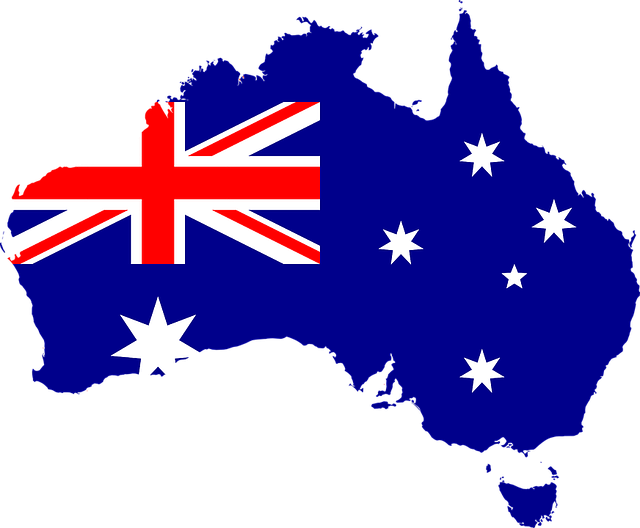Australian officials will use fines and the threat of jail to enforce a new rule limiting public gatherings to two people, as the country's coronavirus infection rate slowed but the death toll crept higher.
New South Wales and Victoria, the country's two most populous states, will introduce the penalties from midnight on Monday to enforce national rules set by the federal government on Sunday.
Australia is strengthening limited contact rules for the public as it seeks to capitalize on a slowdown in the growth of new coronavirus cases.
Officials said the rate of new infections has halved in the past week under existing restrictions on movement to about 4,200 people nationally, while the death toll rose to 17.
"It is only in exceptional circumstances that you should leave home," New South Wales Premier Gladys Berejiklian said in Sydney. "We will get through this. We are in a position now which allows us to control the spread as much as possible."
New South Wales and Victoria will fine people between A$1,000 ($616) and A$1,600 for breaching the rules. In NSW, people could also face six months' jail.

Emergency cabinet
Australia's state and federal leaders have formed an emergency cabinet to hammer out the coronavirus response as many of the social containment measures require state-level enforcement. That has led to often contradictory messaging for the public on issues such as whether schools should remain open.
As well as imposing the two-person limit on public meetings, the small island state of Tasmania became the country's first state to ban people from alternating between their main home and any second home.
"There will not be movement between your shack and your primary place of residence, allowing you to alternate and sleep nights in both," Tasmania Premier Peter Gutwein said, using local slang for holiday homes.
The island state reported its first coronavirus death overnight.
Amid an extraordinary shutdown of businesses and resulting staff layoffs, Australia's regulators and banks have taken measures to pause loan repayments for six months, hoping to "hibernate" businesses until the crisis ends.
Prime Minister Scott Morrison announced a six-month moratorium on landlords evicting renters on Sunday and urged businesses to hold off on more job cuts until he unveiled a third stimulus package. Two sources with knowledge of the package said that would be released later on Monday and would include wage subsidies for people who have been laid off.
The government and the country's central bank have already announced stimulus packages worth around A$190 billion as the country heads for its first recession in almost three decades.
FOREIGN PURCHASES
In an attempt to overcome concerns that distressed assets could be snapped up by overseas buyers, the government said on Monday that all foreign investments would go through the country's Foreign Investment Review Board. The change cuts the takeover threshold for FIRB scrutiny from A$1.2 billion, in most cases, to zero and applies to overseas buyers.
Meanwhile, officials carried out new requirements that Australians returning home by plane be immediately taken into monitored quarantine in hotels or other facilities for 14 days, under police supervision. Australia's borders are closed to all but returning citizens and permanent residents.
FILE PHOTO: Victoria's State Premier, Daniel Andrews, speaks to the media regarding Thursday's incident involving a vehicle ploughing into pedestrians in Melbourne, Australia December 21, 2017. REUTERS/Luis Ascui
In Western Australia state, hundreds of people were due to be taken from the Vasco da Gama cruise ship to Rottnest Island, a tourist destination near Perth, or hotels near the state capital of Perth for quarantine, ship owner Cruise & Maritime Voyages said.
The danger posed by cruise ships has loomed large in Australia after passengers who were allowed to disembark the Ruby Princess liner in Sydney without any medical checks were later diagnosed with COVID-19.









